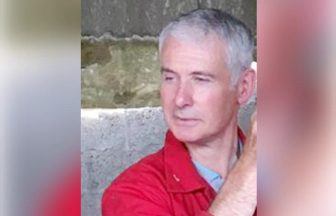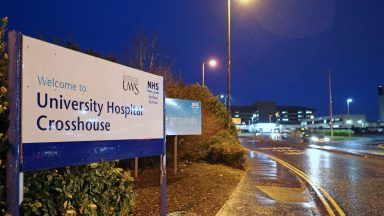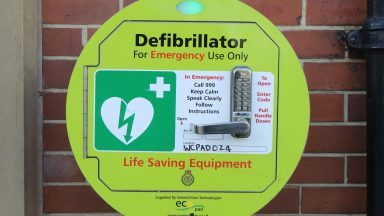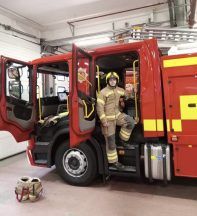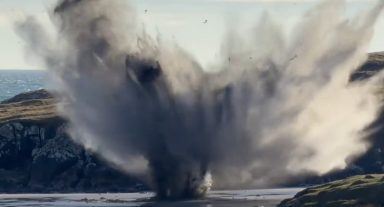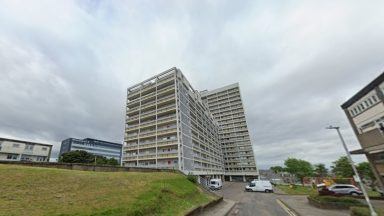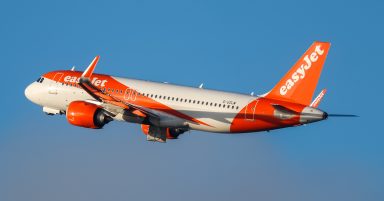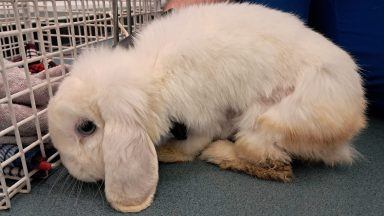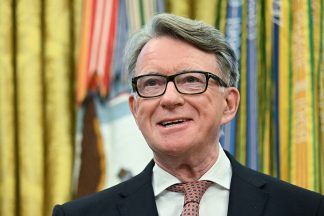Edinburgh Zoo says its ability to save endangered species has been “hampered” by Brexit.
They claim facilities across the UK and Europe are finding it “increasingly difficult to transfer animals” which is a key component of vital breeding programmes.
The Royal Zoological Society of Scotland (RZSS) has signed a letter alongside the British and Irish Association of Zoos and Aquariums (BIAZA), the Zoological Society of London (ZSL), and the European Association of Zoos and Aquaria (EAZA), calling for a change to legislation.
In 2024, laws were introduced to prevent the spread of Bluetounge virus, which can be fatal for some animals.
Under the current legislation, cloven-hoofed animals imported to zoos in Great Britain must spend 30 days in sealed, insect-proof quarantine facilities.
The RZSS claims laws in place are preventing endangered animals like rhinos, giraffes and bison from participating in vital conservation programmes.
David Field, CEO of RZSS, said: “Zoos play an important role in global breeding programmes for endangered animals, acting as a safety net for threatened species.
“The transfer of animals since Britain left the EU has been extremely challenging but this new legislation is making matters much worse.”
Edinburgh Zoo’s last remaining Rhino, Qabid, left for Eindhoven, as part of the European Endangered Species Programme.
This would usually result in two juvenile rhinos arriving in the Scottish capital to live until they are old enough to become breeding adults.
However, the RZSS say the current legislation is “significantly complicating” the process.
David Field added: “We fully support measures to protect the UK from infectious diseases and have a long history of working with the government to ensure biosecurity standards are met.
“But the rules must work in practice. When animals are forced to stay in habitats for longer than they should it can be bad for their welfare. It can also prove very costly and time-consuming for zoos, potentially making it impossible to participate in breeding programmes.
“We want to work with DEFRA to find solutions that protect conservation programmes and the welfare of animals. It’s our mission to save wildlife and empower people in Scotland and around the world to protect, value and love nature.”
In May of this year UK Government and EU announced they are working towards a Sanitary and Phytosanitary (SPS) Agreement.
This would mean a reduction in complex paperwork and border checks. The principles and framework for a future agreement are now in place, with negotiations expected to begin this autumn once the EU confirms its mandate.
The UK Government believes the agreement would significantly reduce costs and delays associated with certification and border checks, easing burdens on UK zoos and aquariums.
A spokesperson from the Department for Environment, Food and Rural Affairs said: “Our zoos and aquariums are world-leading, supporting both vital conservation efforts and local economies.
“We expect the upcoming Sanitary and Phytosanitary agreement with the EU to ease burdens on our zoos and aquariums.”
Follow STV News on WhatsApp
Scan the QR code on your mobile device for all the latest news from around the country


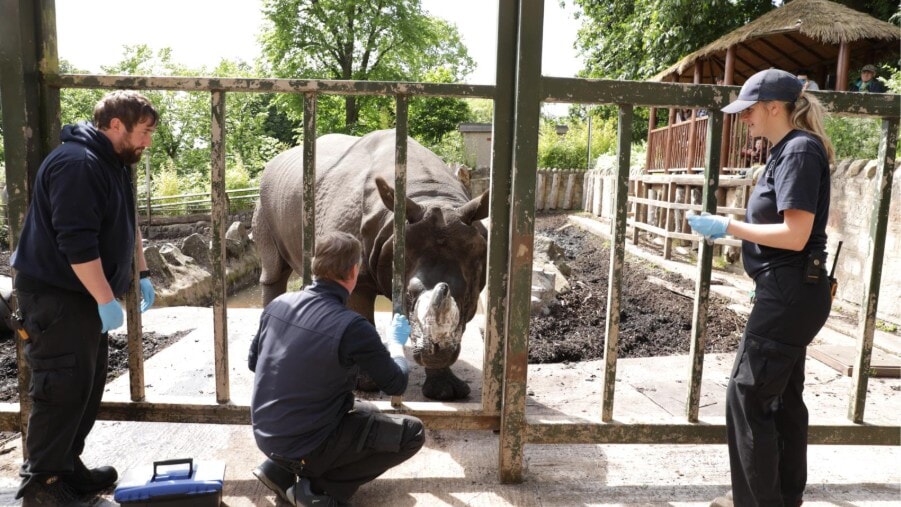 RZSS
RZSS

